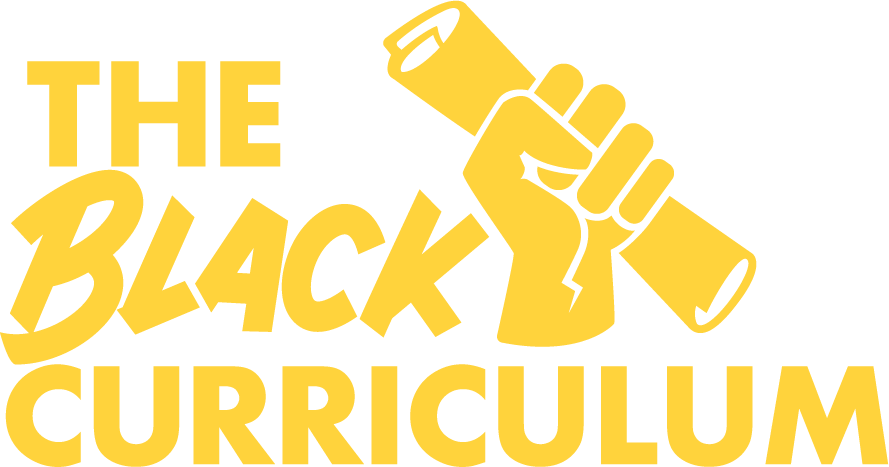Reclaiming Black History – What a Community Garden Can Teach Us about Ital Eating
Reclaiming Black History – What a Community Garden Can Teach Us about Ital
Written by Amarion Scarlett-Reid | TBC Young Champion
Coco Collective is community garden located in Lewisham, South London: ‘rooted in heritage esteem’ they reconnect members of the Afro-diaspora with ital routines of gardening and consumption. Stemming from Rastafarianism ‘ital is a vital concept’ that precedes veganism, rather than solely abstaining from meat, ital living essentialises fresh and unprocessed foods free from man-made chemicals, preservatives, and artificial flavourings. Opening Juneteenth 2021, Coco Collective has experimented with tropical vegetables from Callaloo to avocado, begun running weekly mental wellbeing sessions, and connected with people from a range of communities. I spoke with founder of the Coco Collective, Valerie to understand how ital history is influencing this community.
Why ‘Ital’?
Rastafarianism notes the spiritual life energy existing in all living beings called livity, through this emphasis is placed on honouring “Mother Earth and planet repairs”. By adhering to an ital diet Coco Collective has aimed to centre the Earth as ‘very much part of our culture’ again. “People grow up in a cosmopolitan city like London where children these days don't know where food has come from". “Understanding that everything starts from soil” is necessary to decolonise mindsets as well as understanding unity through an Afrocentric lens.
Although many who join Coco Collective have no prior experience, including Valerie when she started out, the garden has grown: callaloo, dasheen, cucumber, mango plants and avocado plants, watermelon, scotch bonnets, okra, and Jamaican pumpkin including the native and tropical versions of the plants.
"it's a nice educational piece to let people know this is how a mango actually starts”
Organising and nature
Frameworks and organisations that reproduce harm within the Black community often lack diverse engagement with the members that make them up, in such a system colonial harm can be regurgitated onto those the frameworks were intended to help. Coco Collective “uses nature to inform” its organisation structure and goals as European styles of engagement just wouldn’t work for this community. This means a large number of its members who fulfil roles as researchers, volunteers, administrators and more are key stakeholders in production and delivery at Coco Collective.
"[We have] somebody from Brazil who's studying decolonising the food system through an Afrocentric lens who's come to volunteer with us as well".
Organising a space for Black people by Black people has been an ambitious task with all that Coco Collective has wished to achieve, but at its core: a safe space to conversate about heritage, “what it means to be black” and “what prosperity looks like therefore through an Afrocentric lens” has been extremely important in leading the way.
Health beyond the soil
In the wake of mounting social issues facing Black Britain, physical and mental wellbeing has been ever-important to Coco Collective and this goes beyond the soil. Weekly mental wellbeing sessions mean GPs can refer anyone, but often due to the health services cultural inefficiency to support people, many refer themselves. This has been a new offering of Coco Collective as its ‘motivations have grown deeper in understanding what the community needs’. Pairing these sessions with gardening is ‘so important for Modern Black Britain’, especially in the context of growing food insecurity in the UK.
"there's something very therapeutic about gardening in terms of self-discovery and a way to alleviate any tensions that a society may put on you"
Not only does this form of ital production promote healthier habits that aim to improve the mental and physical condition of those involved, it enlightens people to the broader issues we face today. Take climate change for instance, ‘you get to draw some clarity on our place even though we live in England and have access to all the modern conveniences but actually it's our uncles and aunties and cousins that are living in our mother country who are hardest hit by climate change’. By connecting with the practices that go into producing food you begin to distance yourself from the actions that would degrade them.
Conversations bound by the garden
Valerie said one thing that really burrowed deep to demonstrate the importance of the Coco Collective’s agenda: "I say to people, put your hand in the soil and everything will become clear. Why we have the systems we have, the extraction and exploitation, everything comes out of the soil- your clothes, your food, plastics, the chair you sit on, the phone you use"
This community prizes its openness to all, respecting cultures and having that respect reciprocated, and understanding they’re stewards of the garden like ‘every person is a steward of the land’. The impact of Coco Collective in their community in South London has been huge with connections being built even within the smallest conversations (like the differences between the way we use the word ‘callaloo’ to describe dishes across the diaspora).
"It's these very detailed intricate conversations that would only be inspired within the garden."

